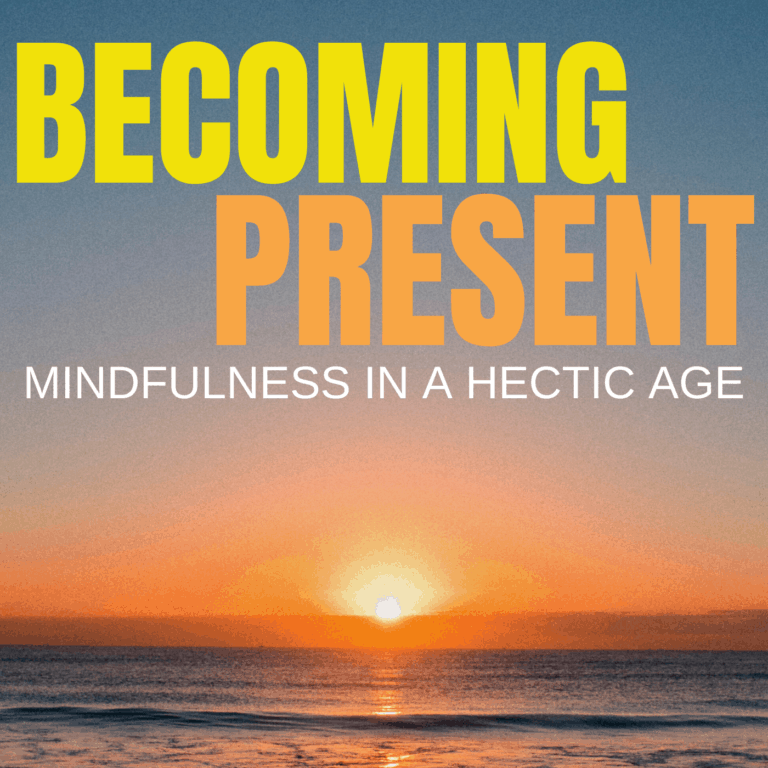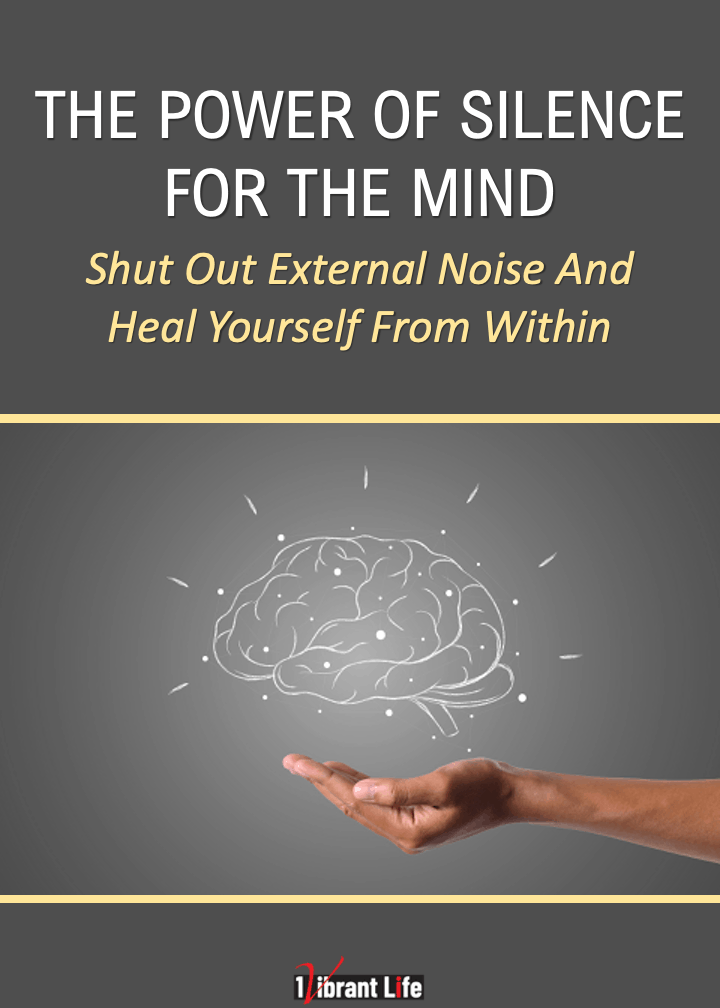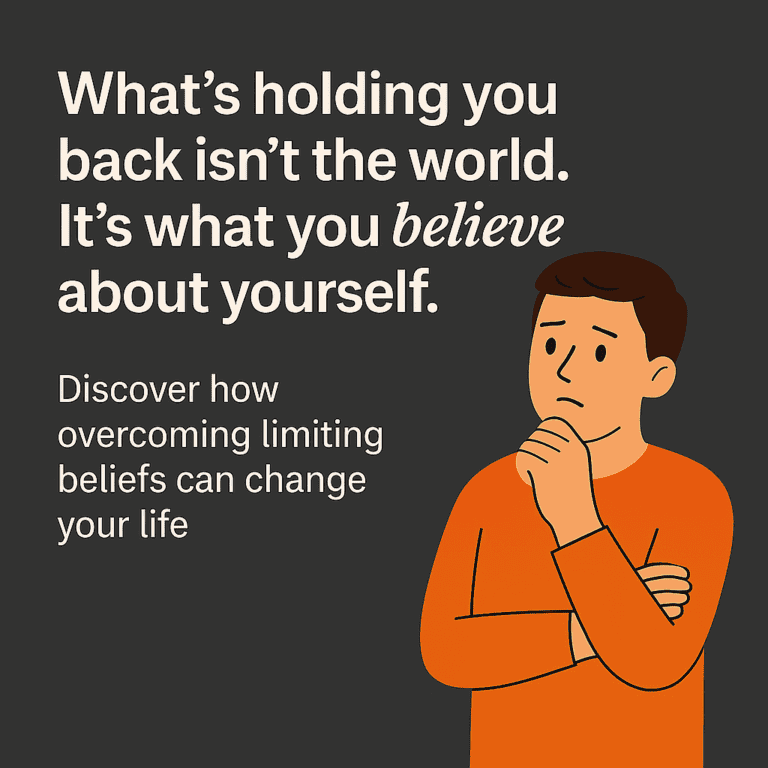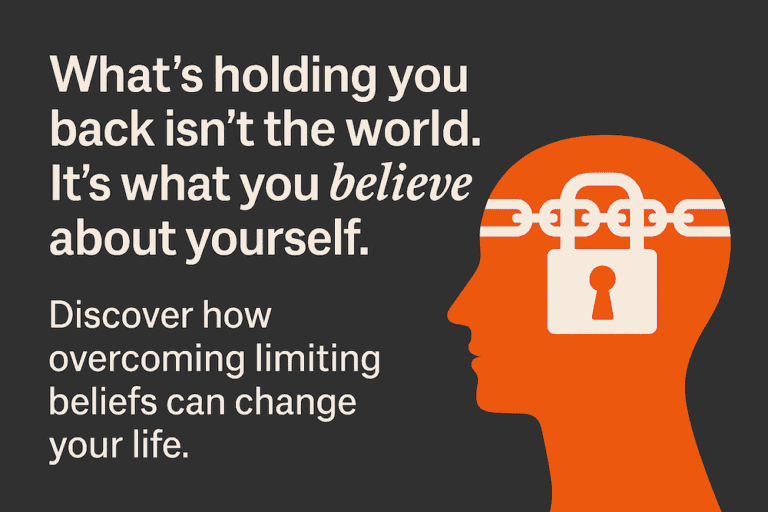Having Empathy or Sympathy? Giving The Best of Your Heart
When you think about empathy or sympathy, you may have a few different ideas that come to mind. For example, you may think about how you are sympathetic to other people when you see that they are struggling and offer your sympathy from afar. However, with empathy, we tend to get somewhat closer to people, essentially experiencing their emotions alongside them. Sympathy tends to come easily, while we often have a hard time being emotionally empathetic towards people.
Why do we struggle to empathize with others? And most importantly, how can we become more empathetic? After having spent over a year being encouraged to stay away from people, it’s time to re-think empathy and give the best of ourselves to others. Here’s how.

“Leadership is about empathy. It is about having the ability to relate to and connect with people for the purpose of inspiring and empowering their lives.”
~ Oprah Winfrey
Martin Ward | September 28, 2021
Having Empathy or Sympathy?
First things first: what is the difference between empathy and sympathy? Sympathy is a way to show others that we understand how they feel and the hardships they are experiencing.
For example, an elderly person may strike up a conversation at the grocery store, and you give her your sympathy because you think about how she may not be speaking to all that many people.
Sympathy is usually provided from afar—there does not need to be a strong emotional connection for a person to be sympathetic. Sympathy is about providing understanding, relating to their situation without personally experiencing their emotional state.
You can express sympathy for someone who’s feeling sad without feeling sad yourself.
On the other hand, empathy is sharing an emotion, and it’s an emotional understanding rather than a mental one.
You’re sharing in someone’s grief, sadness, or other emotion. Unlike sympathy, empathy means letting the emotions in and genuinely putting yourself in the other person’s shoes. You see their struggles and take steps to alleviate them.
You understand how they feel, and you know what it feels like because you went through the same issue, or you can at least clearly imagine how it feels.

eBook

Audio eBook

eBook
Three personal growth tools for you as a gift for visiting 1VibrantLife.com
Is it Better to Be Empathetic or Sympathetic?
Considering the different nature of each, would you say that empathy or sympathy is more important or better to have? This is a question of circumstance.
For example, let’s say that your friend has lost someone who is very close to them. In this specific circumstance, the likelihood is that you would be very sympathetic, as you would understand why they feel a certain way and see how hard it must be.
Empathy, however, is a characteristic that we acquire when we can put ourselves in other people’s shoes. For example, you would be better able to show empathy when something has happened to your friend that you’ve also experienced or is easier to relate to personally.
You then can respond in a caring way because you are aware of what they’re feeling and what they need to feel better.
Empathy is a deeper dive than sympathy. It’s easy to be sympathetic quickly but being empathetic requires setting aside our own desire not to experience those negative emotions and be willing to feel them alongside someone else.
The Rampant Lack of Care in Our Societies
Although we would like to think that we are all very caring and that we feel for other people, I think it’s safe to say that we don’t always behave this way! Empathy can be difficult if we are fighting our own inner demons.
We might feel like other people’s problems are not nearly as complex as the issues we might be confronting. Or we might feel like it’s impossible to show empathy and care towards them because we are too caught up in our own stories.
In such cases, we may offer sympathy: we tell them that we feel bad for them and are sorry that they are in this situation.
However, we struggle to put ourselves in their shoes, either because we aren’t bothered by their situation or because we simply don’t want to experience those negative feelings.
It’s fair to say that we are living in societies that are seriously lacking in empathy. While we should be considering other individuals’ stories and their experiences in life, we usually focus solely on our own. Just look at how quick people are to defend the U.S. healthcare system that leaves millions of people bankrupt every year!
We cannot put ourselves in these individuals’ shoes to understand the sorrow and pain they must be going through when receiving bills mounting up to hundreds of thousands of dollars
Empathy is something we should all be actively working on to improve. It makes us much more grateful for what we have and sets a positive, happier tone for the day. It helps us to be surrounded by more positivity because we can empathize with others’ situations.
This means we can be someone that others can come to when they face hardship. When we act and respond more empathetically, we bring upon ourselves the same treatment whenever we’re going through tough times. We reap what we sow!
Being empathetic is not only a deep understanding, but it’s also about taking active steps to help those we empathize with. For example, it could include spending more time with your friend after a breakup to help take their mind off their pain.
Three Types of Empathy
Whether you want to relieve someone’s pain, even just temporarily, or simply show your understanding and compassion, empathy is a crucial life skill to have. It can be broken down into three sub-categories: cognitive empathy, emotional empathy, and empathic concern.
- Cognitive empathy is about putting yourself in the other person’s shoes and understanding their perspective, even if it’s not your own. For example, you would listen to the person’s issues and understand how they have come to feel like this. Even if you think your perspective is best, you would still keep it to yourself and understand that their perspective is also valid.
- Then there is emotional empathy. Emotional empathy is when you can feel physically—not just rationally—how the person feels. Unlike cognitive empathy, with emotional empathy, you can feel how the person feels deep inside, and it resonates with you. You are more attuned to their emotions and can therefore support them by sharing those emotions.
- Finally, there is empathic concern, which is when you can tell what someone needs from you in your empathy. Maybe you are with your friend who is crying, and you can see that they don’t want to talk and just really need a hug, or perhaps you can gauge that they aren’t looking for advice and just want to hear that their feelings are valid.

Developing a capacity for more empathy
Empathy is something I have begun to implement more and more throughout my life. I wanted to move from providing sympathy without really hearing or feeling the grief, pain, or difficulty others were dealing with.
When we think about being empathetic or sympathetic, we need to consider whether we are fulfilling the person’s emotional needs.
Are we feeling what they feel and connecting with them on that level, or are we only offering sympathy, so we don’t have to feel those negative emotions ourselves?
However difficult it may be to deal with these emotions, it’s something that helps others feel more at peace when they go through major life changes. It’s a way for us to have real human connections with others instead of engaging only based on self-interest.

How to Be More Empathetic
So, after all, this, do you feel like you should work on becoming more empathetic?
Becoming more empathetic requires self-awareness because you need to learn how to recognize cues from others and express your own feelings.
Just imagine if you were sharing a deep pain you were carrying and the person in front of you was busy checking their phone or looking around the room; well, you wouldn’t feel very empathized with, right? Indeed. So check your body language. When someone shares their emotions and their painful experiences with you, show openness by listening.
Don’t have crossed arms. Lean forward and make eye contact. Don’t interrupt them, and ask open-ended questions, so they feel free and open when talking to you.
You can also become more empathetic by accepting that others have different circumstances and ways of viewing life. We all have different backgrounds, and experiences differ significantly from one person to the next.
Accepting that we don’t all have the same way of life, and therefore we each face different hurdles, can bring you more clarity and empathy than you might think.
For example, empathizing with the single mother of four who works two full-time jobs to feed her kids will do much more good than saying, “well, she shouldn’t have had four kids then!” We can empathize with others if we catch our own biases first.
Try speaking to new people and following accounts on social media that share a different kind of life from yours. This may open up your mind to the world’s different realities, making it easier for you to empathize with others’ problems.
Work in unison with others in a community garden, politics, or even in the church if you are religious. Community work teaches you to listen actively and to empathize with others’ struggles and problems. It teaches you how to be more empathetic towards people you may not know well.
In Conclusion
Whenever you’re facing a situation where you feel like you should be more empathetic but struggle to do so, ask yourself why it’s difficult to empathize with others. Perhaps we’re trying to protect ourselves: we don’t let others in to avoid any kind of vulnerability.
But isn’t this vulnerability a big part of what it means to be human?
It’s about sharing our experiences with others and sharing their pain points as well. Instead of quickly jumping to conclusions and arguing when people tell us about their hardships, we can work on empathizing with them and making them feel less alone.
As always, think of how you’d like others to treat you. If you wouldn’t treat them that way, ask yourself what you could change about your reaction.

My Name is Marty Ward and I’m the creator and publisher of the 1-Vibrant-Life blog.
On March 8th, 1984, at the age of 26, I sustained a traumatic brain injury in a car accident while driving to my day job.
After the accident, I was unable to perform or play my instrument for months and the group I had been in on Star Search had disbanded.
I was out of work, my musical career ripped out from under me, I’d lost all confidence and belief in myself, and my life was adrift with no real sense of direction.
However, my injury and my recovery led me down a path of self-improvement, and self-discovery which gave me my life back filled with many amazing experiences and a newfound sense of hope. Learn more about my story on the 1-vibrant-life about page.
CBTCP Certification (Cognitive Behavioral Therapy Certified Practitioner) | 10-16-2021 Certification From The Academy of Modern Applied Psychology, in The Transformative Science of Cognitive Behavioral Therapy, CBT



